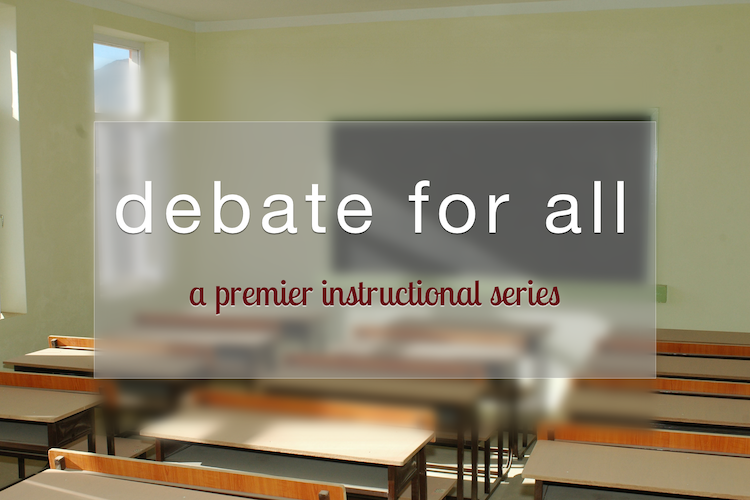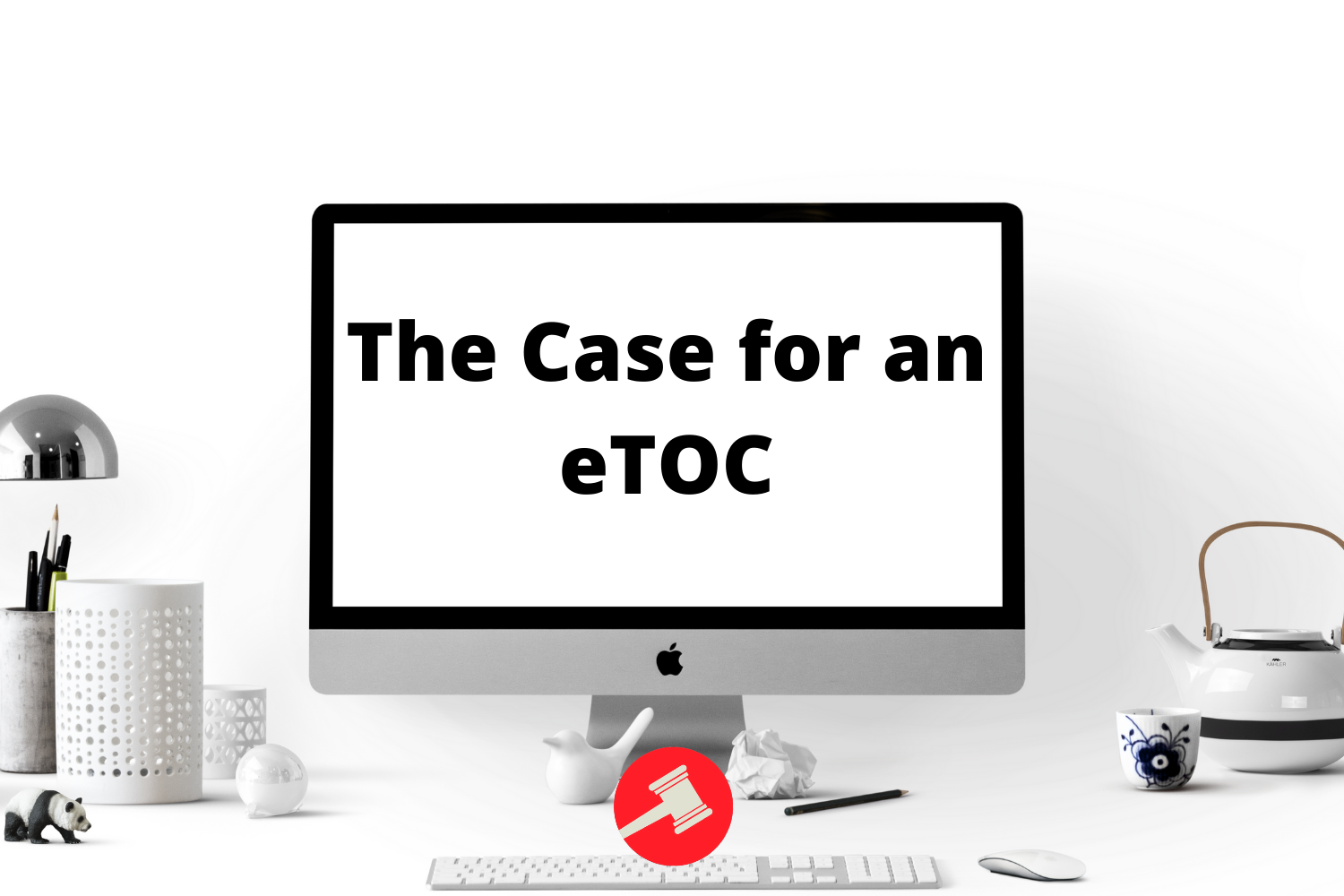Debate For All: What’s a Framework?

Jargon: Value Criterion, Standard, Framework all mean the same thing. Whereas lay debaters usually are familiar with the first term, most circuit debaters use the latter two.
All three of these words refer to arguments about the resolution’s evaluative term, which is typically “ought” or “should.” Because most topics center on moral obligations and justice, most frameworks are ethical systems and/or political philosophies.
How do we figure out what we ought to do? Some of the more popular theories include consequentialism, deontology, contractarianism, and virtue ethics. Philosophers concerned with ethics have debated these questions for millennia.
Use these arguments! While your opponents are busy asserting that saving lives matters more than protecting rights, you can defend much more sophisticated, nuanced ethical theories borrowed from academics who have spent their entire lives justifying, refuting, and modifying various ethical frameworks. By far your arguments will be better quality.
Every debater at both national and regional competition should read ethics. In rounds, your reading lets you identify and challenge unjustified assumptions. But reading ethics also develops other skills. Philosophy majors rank second underneath math/physics for achieving the highest LSAT scores. Unsurprisingly, philosophy’s focus on clear, precise thinking in regards to abstract, complex problems fosters development in critical thinking and clarity.
In national circuit rounds, debaters can make even heavier use of the philosophy they read. It would be quite difficult to convince a lay judge to vote on full, fleshed out arguments in favor of Kant’s deontology. The field of ethics is abstract and complicated and unfamiliar to laypersons.
But in circuit debate, judges already are familiar with nuanced ethical frameworks. Because there’s no longer a barrier to entry, the benefits of reading a longer, more sophisticated framework outweigh the costs.
First, delving into actual philosophy helps you win the framework debate. This should be a no-brainer. Arguments by ethicists and political philosophers will be vastly better than the arguments that high-school students think of.
Second, the framework debate is important. In fact, some debaters specialize in framework debate. They read nuanced frameworks in their affs that exclude common neg turns, such that the neg’s best way to win is by engaging in a framework debate the aff will win. In other words, the debater who is better at framework gets to decide the terms for the round. We’ll talk more about how to implement this strategy in future installments.
To get started, don’t dive into primary sources yet. The field is vast and dense, so it’s better to start with a book written to guide you in. We recommend Michael Sandel’s book Justice. If you can’t find it at your local library, Professor Sandel has hours of engaging lectures on Youtube under the same title.
Sandel’s series will acquaint you with the most prominent ethical theories: utilitarianism, deontology, contractarianism and virtue ethics. You’ll see how different ethical theories would answer debate topics differently. You’ll also find good responses to each framework. It’s one of the best resources out there.



1 Comment
[…] What is a Framework? […]